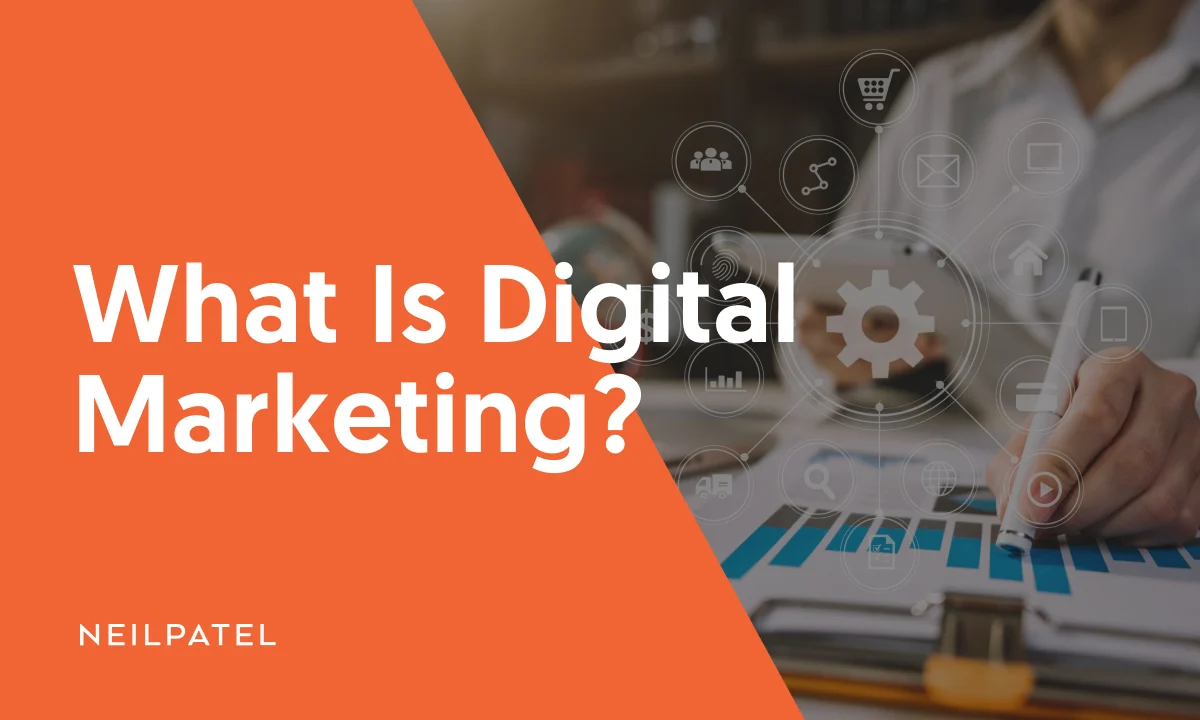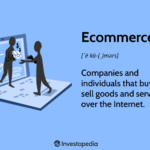
Digital marketing is the use of digital channels, platforms, and technologies to promote products, services, and brands to a targeted audience. It encompasses a wide range of activities, including search engine optimization (SEO), social media marketing, email marketing, content marketing, pay-per-click (PPC) advertising, and more. The primary goal of digital marketing is to connect with potential customers where they spend much of their time: online.

One of the key advantages of digital marketing is its ability to reach a global audience in a cost-effective and measurable way. Unlike traditional marketing methods, digital marketing allows businesses to track and analyze the performance of their campaigns in real-time. This data-driven approach enables marketers to optimize their strategies and improve their return on investment (ROI). For example, through tools like Google Analytics, businesses can gain insights into their website traffic, user behavior, and conversion rates, allowing them to make informed decisions about their marketing efforts.

Overall, digital marketing is a dynamic and ever-evolving field that requires businesses to stay up-to-date with the latest trends and technologies. As consumer behavior continues to shift towards online and mobile platforms, the importance of digital marketing will only continue to grow. By leveraging the power of digital channels, businesses can reach new audiences, build their brand, and drive long-term success in the digital age.
Let’s delve deeper into some key aspects of digital marketing:
Content Marketing

Content marketing focuses on creating, publishing, and distributing valuable, relevant, and consistent content to attract and retain a clearly defined audience. The aim is to drive profitable customer action. Content can take many forms, including blog posts, articles, videos, infographics, e-books, white papers, podcasts, and more. High-quality content helps businesses establish authority in their industry, improve SEO rankings, and build trust with their audience. By addressing the pain points and interests of their target audience, businesses can position themselves as thought leaders and go-to resources.
Search Engine Optimization (SEO)

SEO is the process of optimizing a website and its content to rank higher in search engine results pages (SERPs). This increases the website’s visibility to users who are searching for relevant keywords. SEO involves both on-page and off-page techniques. On-page SEO includes optimizing meta tags, headings, URLs, and content for target keywords, while off-page SEO focuses on building backlinks from reputable websites. Effective SEO strategies can drive organic traffic to a website, which is often more cost-effective and sustainable compared to paid advertising.
Pay-Per-Click Advertising (PPC)

PPC advertising allows businesses to place ads on search engines and other platforms, paying a fee each time their ad is clicked. Google Ads is one of the most popular PPC platforms, where businesses bid on keywords related to their products or services. When users search for those keywords, the ads appear at the top of the search results. PPC campaigns can be highly targeted, enabling businesses to reach specific demographics, locations, and even times of day. This form of advertising is particularly effective for driving immediate traffic and generating leads.
Social Media Marketing

Social media marketing involves promoting a brand and its content on social media channels to increase brand awareness, drive engagement, and generate leads. Each platform has its own unique user base and best practices. For instance, Instagram is visual-centric and great for brands with strong visual content, while LinkedIn is more professional and suited for B2B marketing. Successful social media marketing requires a strategic approach, including content planning, audience targeting, regular posting, and engagement with followers.
Email Marketing

Email marketing remains one of the most effective digital marketing strategies due to its direct approach. It involves sending newsletters, promotional offers, and other targeted communications to a list of subscribers. Email marketing can be automated and personalized, making it a powerful tool for nurturing leads and maintaining customer relationships. Effective email marketing campaigns include attention-grabbing subject lines, compelling content, and clear calls to action.
Influencer Marketing

Influencer marketing leverages the reach and influence of popular social media personalities to promote products or services. Influencers have established credibility and large followings within specific niches, making them valuable partners for brands looking to reach targeted audiences. Collaborations can include sponsored posts, product reviews, and brand endorsements. When done authentically, influencer marketing can enhance brand credibility and drive significant engagement.
Mobile Marketing
With the increasing use of smartphones, mobile marketing has become essential. This includes strategies like SMS marketing, mobile app marketing, and optimizing websites for mobile devices. Mobile marketing ensures that businesses can reach their audience through the devices they use most frequently, providing a seamless and engaging user experience. Mobile-friendly content, fast-loading pages, and responsive design are key elements of effective mobile marketing.




Helpful for me
Mashallah 😍 Good job 👍
Nice 🙂
Good 👍
Great job👍